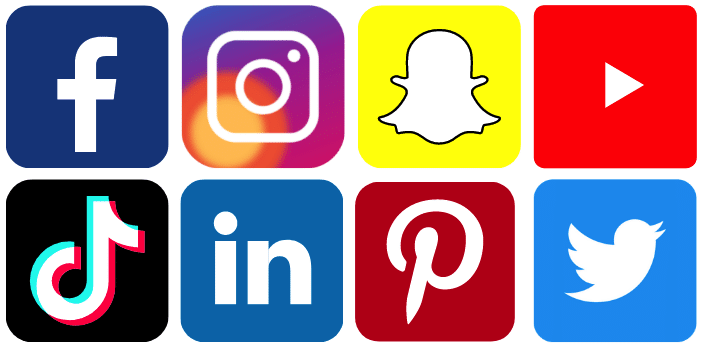In an age where algorithms curate our every scroll, social media isn’t just shaping trends — it’s subtly rewriting who we are. For teens especially, platforms like TikTok, Instagram, and YouTube have become mirrors, mood boards, and sometimes, identity guides. One teen summed it up eerily well: “The algorithm knows I’m bisexual before I even did.”
Through constant exposure to niche communities, affirming content, and hyper-targeted videos, many teens are discovering aspects of themselves they hadn’t consciously explored. Whether it's sexuality, gender identity, neurodivergence, or aesthetic style, the algorithm seems to “know” and reflect back hidden parts of a user’s personality — often before they’ve found the words themselves.
This isn’t magic; it’s pattern recognition. Social platforms track what you pause on, like, or rewatch. In doing so, they begin serving content that resonates on a deep, sometimes emotional level. For many teens, this feels like validation, even liberation. For others, it can spark confusion or overwhelm, forcing self-discovery at warp speed.
But is this good or bad? It depends. Social media can offer a supportive space to explore identity — especially for those without access to affirming environments offline. Yet, it also raises questions about authenticity. Are we becoming who we truly are, or who the algorithm wants us to be?
One thing is clear: social media isn’t just influencing how teens express themselves — it’s helping shape who they believe they are. Whether that’s empowering or unsettling, it’s a reality we can’t scroll past.

